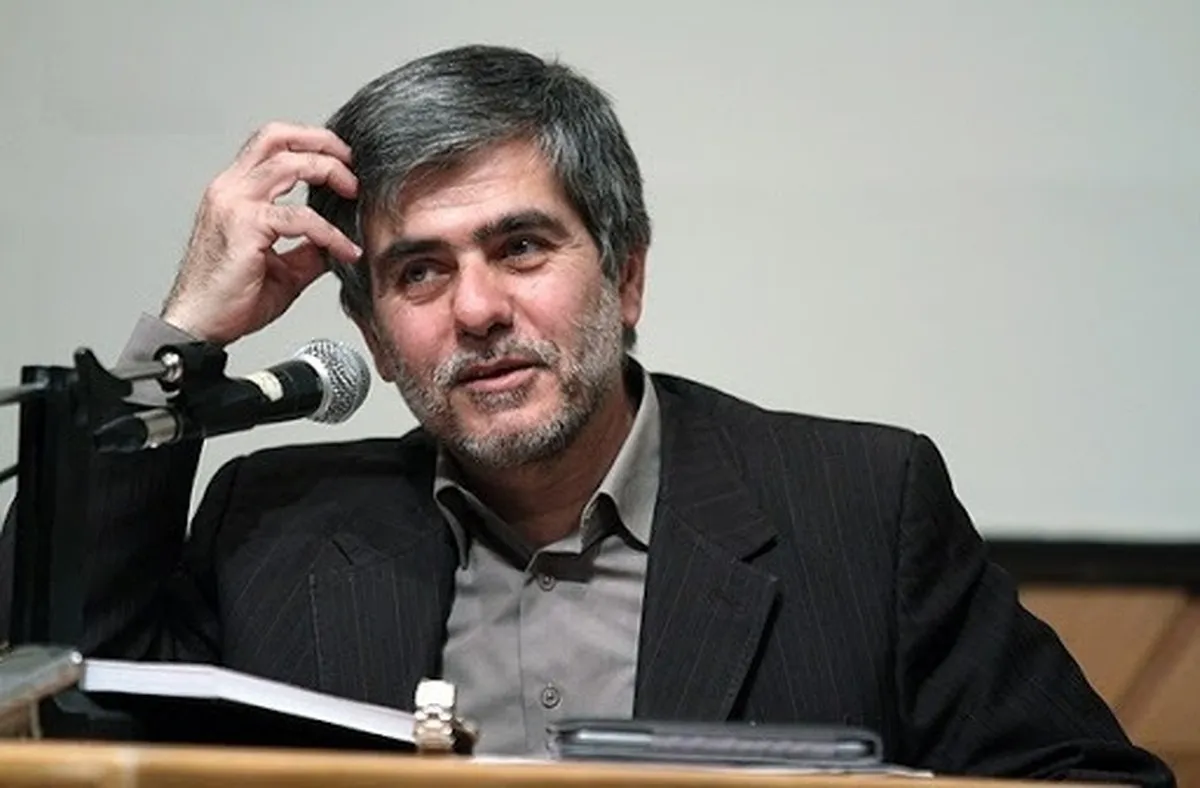Abbasi Davani "Iranian Scientist of Isotope Separation" Assassinated in Israel's Raids

Abbasi Davani, born on September 7, 1955, was originally from the village of Davan in Kazeroun, but his family had migrated to Khuzestan.
He received his PhD in nuclear physics from Shahid Beheshti University and became one of the scientific elites of Iran. Abbasi Davani was appointed as the head of the Atomic Energy Organization of Iran (AEOI) in the government of Mahmoud Ahmadinejad. He was elected as a national model professor in 2007. He also served as a member of parliament from Kazeroun and Koh-e-Chinar in the 11th term of the parliament and was the head of the energy commission of the Iranian Parliament.
Scientific journey, from the battlefield to the peaks of research
Dr. Abbasi Davani's scientific path shows a unique combination: the application of nuclear know-how to meet national needs and the advancement of the frontiers of knowledge in strategic areas like accelerators, focal plasma, and radiation detection.
The greatest scientific interest: Electron accelerators and medical applications of beams
If we were to identify one of Dr. Abbasi Davani’s major scientific interests, the design and construction of electron linear accelerators (LINACs) and the use of beams in medical applications would undoubtedly top the list.
He played an unparalleled role in the design, simulation, and construction of electron linear accelerators in Iran. From the design of traveling wave and standing wave cavities, electron guns, accelerator cells to frequency regulation and measurement systems, all of these stages were under his scientific supervision and participation. Especially in the accelerator project of the Institute for Fundamental Sciences, his contributions were impressive, making this project one of the most significant scientific achievements of the country.
But this was only one side of the coin. On the other hand, his special interest in medical and therapeutic applications of radiation led to research in the fields of radiation dosimetry, design of dielectric discharge devices for medical treatments, and absorbed dose assessment in nuclear imaging.
These two areas reflect his practical and needs-oriented approach; an approach that transforms fundamental know-how into applied technologies and therapeutic-diagnostic devices.
Abbasi Davani's main research areas
1. Design and development of linear electron accelerators (LINAC): design of accelerator structures, power and control systems, simulation and operational testing, all of which were carried out in order to localize one of the most sensitive technologies in the world, namely particle accelerators.
2. Medical and therapeutic applications of radiation: research in the field of dosimetry, design of therapeutic devices, absorbed dose assessment in nuclear imaging, and the use of radiation in the treatment of diseases.
3. Plasma and its applications: including the production of non-thermal plasma under atmospheric pressure and its applications in wound healing, along with the study of focal plasma parameters and D-D fusion reactions.
4. Radiation detection: Development of neutron-gamma detectors, design of multi-purpose detectors (alpha/beta/gamma), and optimization of dosimetric response of silicon diodes.
5. Numerical simulations: Use of advanced codes such as MCNPX and FLUKA in various fields including PGNAA, ion flow, and synchrotron radiation.
He was assassinated on June 13, 2025 in an Israeli attack.
4155/v





















